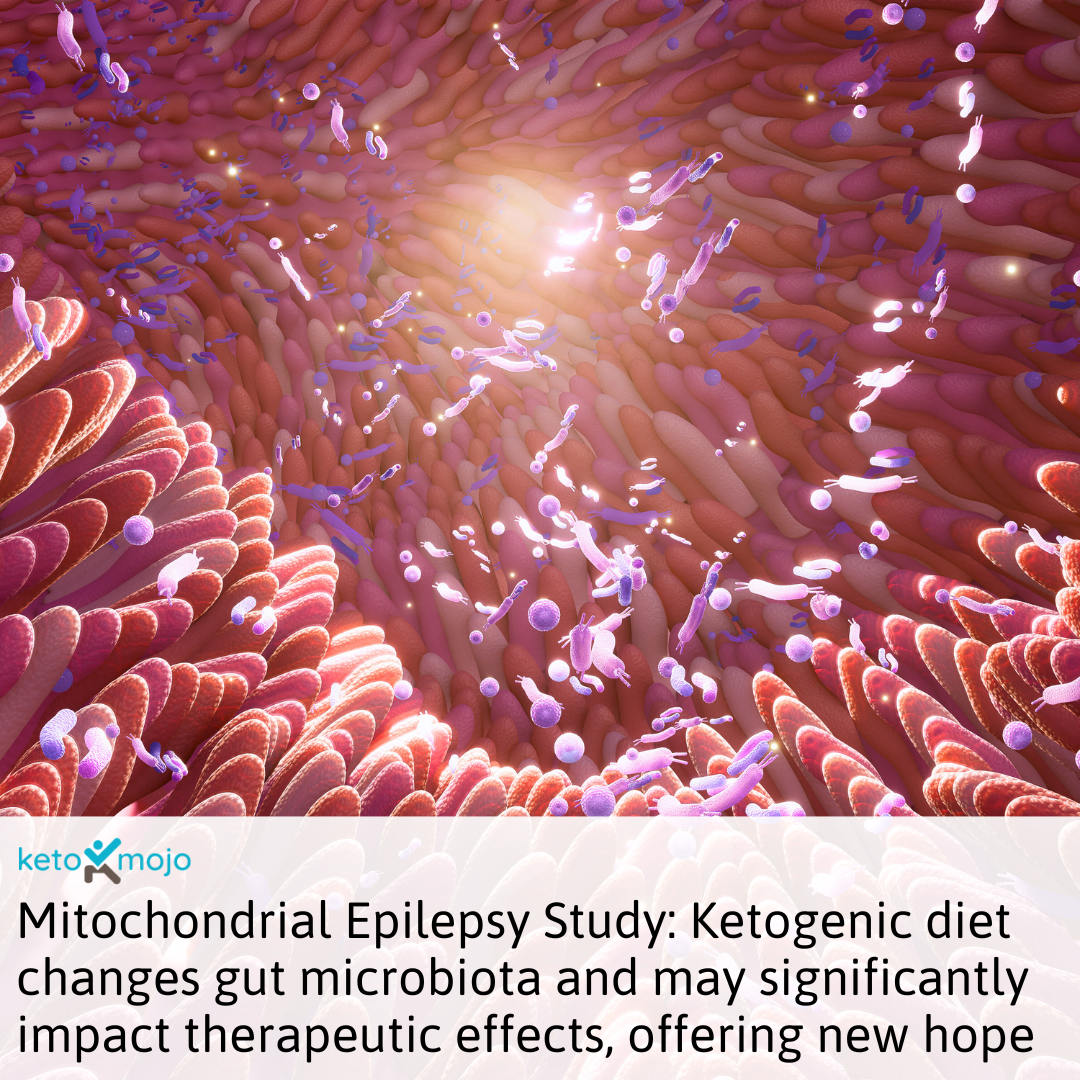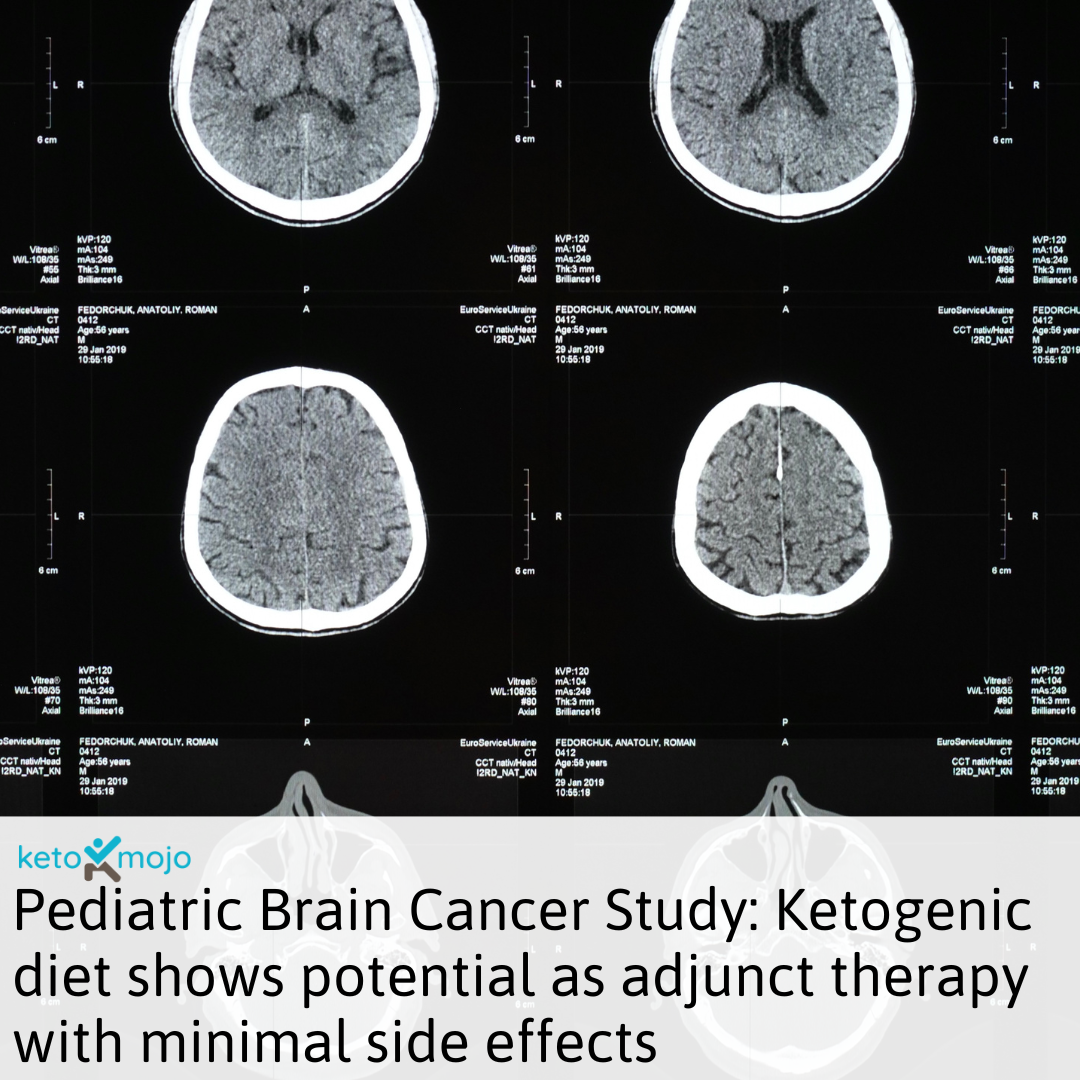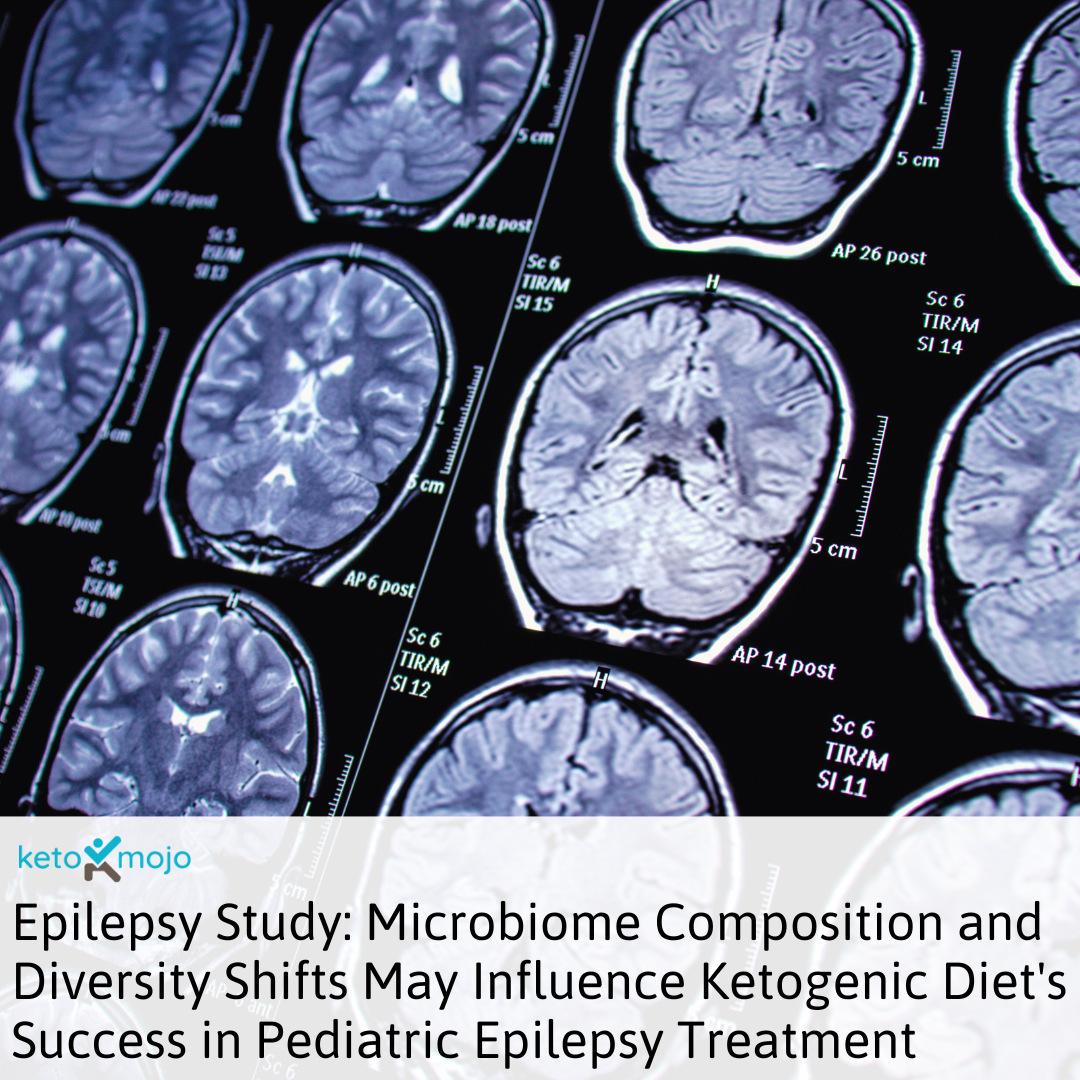Epilepsy
Effects of ketogenic diet on the classification and functional composition of intestinal flora in children with mitochondrial epilepsy

The study investigates the effects of the ketogenic diet on the gut microbiota in patients with mitochondrial epilepsy. Managing epilepsy associated with mitochondrial disorders is challenging with just one anti-epileptic medication, given the variety of seizure forms and types involved. Typically, multiple drugs are employed; however, their potential toxicity to mitochondria needs to be carefully considered. Specifically, medications that disrupt the respiratory chain should be used cautiously. Thus, incorporating a ketogenic diet as a means to mitigate epilepsy symptoms presents an important option.
The ketogenic diet is thought to have multiple potential action pathways, including mitochondrial function improvement and reducing oxidative stress. The diet has also been shown to regulate brain excitability through various biochemical pathways. The study aims to fill a gap in understanding how the ketogenic diet exerts its effects, particularly focusing on its impact on the gut microbiota.
In the experimental design, 15 patients aged from newborn to 16 years were randomly assigned to two groups:
- Control group: Followed a regular diet plus anti-epileptic drugs.
- Study group: Were on a ketogenic diet plus anti-epileptic drugs.
The ketogenic diet was initiated with a 2:1 ratio of fat to non-fat components. Blood ketones and glucose were closely monitored.
The gut microbiota of both groups were compared using 16S rRNA analysis, along with other methods like diversity analysis and functional prediction, to explore differences in gut microbiota composition and functional pathways.
Key findings:
- After a 3-month ketogenic diet intervention, patients showed a reduction in the gut bacteria Firmicutes and an increase in Bacteroidota, particularly Bacteroides fragilis.
- There were significant differences in 12 metabolic pathways in the gut microbiota after ketogenic diet treatment.
Gut microbiota changes were associated with better epilepsy control, suggesting that specific bacterial groups might serve as biomarkers for the ketogenic diet’s therapeutic effects. Overall, the research suggests that changes in the gut microbiota could be a significant factor in the therapeutic effects of KD for epilepsy, particularly mitochondrial epilepsy.






